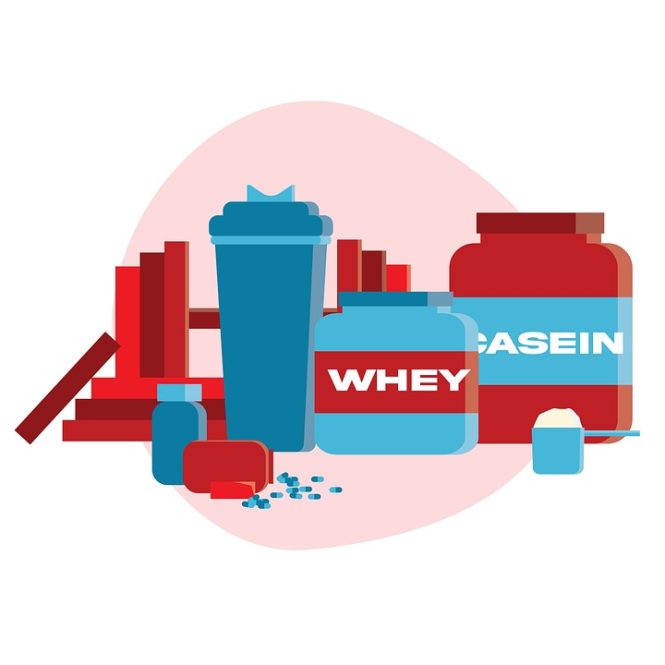
From Sweat to Strength: The Science of Protein and Exercise
When it comes to exercise and fitness, one of the most crucial factors to consider is protein. Protein is an essential nutrient that plays a vital role in building and repairing muscle tissue, and it’s a key component of a healthy diet for anyone who engages in regular physical activity. In this article, we’ll delve into the science of protein and exercise, exploring how protein helps to fuel your workouts, support muscle growth and repair, and enhance overall athletic performance.
The Role of Protein in Exercise
Protein is a complex molecule made up of amino acids, which are the building blocks of muscle tissue. When you engage in exercise, your muscles undergo micro-tears, which can lead to muscle damage and soreness. Protein helps to repair and rebuild muscle tissue by providing the necessary amino acids to support muscle protein synthesis. This process is essential for muscle growth, repair, and maintenance.
There are several ways in which protein supports exercise:
- Muscle Protein Synthesis: Protein provides the necessary amino acids to build and repair muscle tissue, which is essential for muscle growth and repair.
- Muscle Damage Repair: Protein helps to repair muscle damage caused by exercise, reducing muscle soreness and inflammation.
- Energy Production: Protein can be used as a source of energy during exercise, particularly during high-intensity activities.
- Hormone Regulation: Protein helps to regulate hormones that are involved in muscle growth and repair, such as testosterone and growth hormone.
The Optimal Amount of Protein for Exercise
The amount of protein needed for exercise depends on several factors, including the type and intensity of exercise, as well as individual factors such as age, weight, and fitness level. Generally, the International Society of Sports Nutrition recommends the following daily protein intake for athletes:
- 1.6-2.2 grams of protein per kilogram of body weight for endurance athletes
- 1.6-2.3 grams of protein per kilogram of body weight for strength and power athletes
- 1.2-1.6 grams of protein per kilogram of body weight for general health and fitness
The Timing of Protein Intake
The timing of protein intake is also important for exercise. Research suggests that consuming protein within 30-60 minutes after exercise, known as the “anabolic window,” can help to promote muscle protein synthesis and support muscle growth and repair. Additionally, consuming protein before exercise can help to provide energy and reduce muscle damage.
Types of Protein for Exercise
There are several types of protein that can be beneficial for exercise, including:
- Whey Protein: A fast-digesting protein that is rich in essential amino acids, making it ideal for post-workout recovery.
- Casein Protein: A slow-digesting protein that can help to provide a sustained release of amino acids, making it ideal for before bedtime or between meals.
- Plant-Based Proteins: Such as pea, rice, and hemp protein, which can be beneficial for vegetarians and vegans.
- Collagen Protein: A type of protein that is rich in amino acids such as glycine and proline, which can help to support joint health and muscle recovery.
Conclusion
In conclusion, protein plays a vital role in exercise and fitness, supporting muscle growth and repair, energy production, and hormone regulation. The optimal amount of protein for exercise depends on individual factors, but generally, 1.6-2.2 grams of protein per kilogram of body weight per day is recommended. The timing of protein intake is also important, with consuming protein within 30-60 minutes after exercise being ideal for promoting muscle protein synthesis. By incorporating protein into your diet and exercise routine, you can support your fitness goals and enhance your overall athletic performance.
References
- International Society of Sports Nutrition. (2018). Protein and exercise. Journal of the International Society of Sports Nutrition, 15(1), 25.
- Schoenfeld, B. J. (2010). The effects of protein on muscle growth and repair. Journal of the International Society of Sports Nutrition, 7(1), 1-9.
- West, D. W., et al. (2015). Resistance training-induced changes in integrated myofibrillar protein synthesis are related to hypertrophy only after significant muscle damage. Journal of Applied Physiology, 119(1), 141-148.